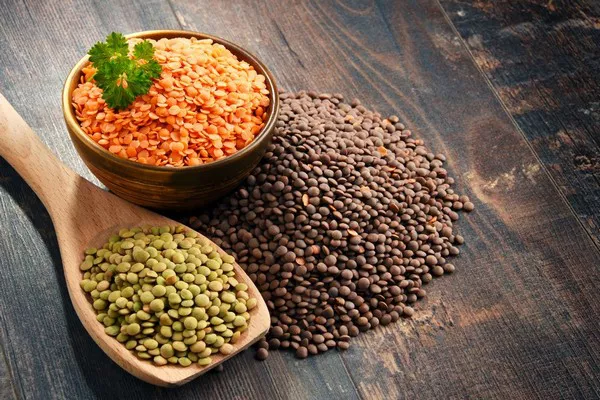Beijing, 4th September 2023 – Deputy Director-General Jean-Marie Paugam of the World Trade Organization (WTO) highlighted the critical role that trade can play in bolstering global food security. Speaking at the International Conference on Agricultural Trade Policy in Beijing, DDG Paugam underscored the potential of the upcoming 13th Ministerial Conference (MC13) in Abu Dhabi in February 2024 to strengthen the world’s food security landscape. He called on WTO member nations to unite and overcome the impasse in agricultural negotiations.
In his opening remarks, DDG Paugam expressed gratitude for the invitation and emphasized the urgency of the global food security crisis. Factors such as climate disasters, the COVID-19 pandemic, conflicts, and economic downturns have eroded a decade’s worth of progress in addressing malnutrition worldwide.
Dr. QU Dongyu, the Director-General of the UN Food and Agriculture Organization (FAO), estimates that as many as 783 million people faced hunger in 2022. Despite remarkable progress in China, hunger continues to rise in regions like Africa, Western Asia, and the Caribbean.
DDG Paugam cited the FAO’s latest SOFI report, which indicates that nearly 600 million people are expected to suffer from hunger by the 2030 target date for ending hunger and malnutrition outlined in the Sustainable Development Goals. This number represents an alarming increase of 119 million people due to the pandemic and the conflict in Ukraine, underscoring the need for immediate action.
Paugam highlighted the pivotal role of trade and trade policies in reversing these alarming trends. One fundamental reason is that some regions are net food exporters, while others are importers, making it imperative for food to flow freely from surplus regions to those facing deficits.
China’s experience in reducing hunger serves as a prime example of trade’s role in food security. The impressive growth of trade in China has led to increased incomes, job creation, and improved diets and nutrition. In 2022, China stood as the second-largest importer of agricultural goods, accounting for 12.3% of the global total. Additionally, it ranked as the fourth-largest agricultural exporter, with 4.4% of total exports, providing employment to 188 million Chinese people in agriculture, forestry, and fishing.
DDG Paugam emphasized that the core mission of the WTO is to leverage trade to enhance people’s living standards and promote sustainable development, starting with the ability to feed oneself.
To tackle the food crisis, DDG Paugam outlined a three-pronged approach:
1. Immediate Responses to the Food Crisis: The WTO has actively participated in the global response to the food crisis, coordinating efforts with international agencies such as the UN, FAO, IMF, World Bank, and World Food Program. Notably, the WTO supported the UN’s efforts with Türkiye to facilitate the export of food and fertilizers from the Black Sea region, which played a vital role in stabilizing global prices and ensuring food distribution to areas in need.
2. Reforming Agricultural Trade Distortive Policies: DDG Paugam praised the commitments made by ministers at the twelfth ministerial conference in 2022, where they agreed on the first-ever WTO declaration on food security. These commitments included exercising restraint in the use of export restrictions on food and related products and exempting food purchased by the World Food Program for humanitarian purposes from export restrictions. These actions have contributed positively to the situation, with a reduction in export restrictions since their implementation.
3. Preparing for the Future: DDG Paugam acknowledged the importance of ongoing efforts to eliminate subsidies for illegal fisheries, a landmark deal that was reached at the WTO. He highlighted China’s instrumental role in this by accepting the agreement in June, signifying a significant step towards sustainable practices in the fishing industry.
In conclusion, Deputy Director-General Jean-Marie Paugam emphasized the imperative of cooperation among WTO member nations to harness the power of trade in addressing global food security challenges. The upcoming 13th Ministerial Conference in Abu Dhabi in 2024 stands as a unique opportunity to pave the way for a more food-secure and sustainable future.

